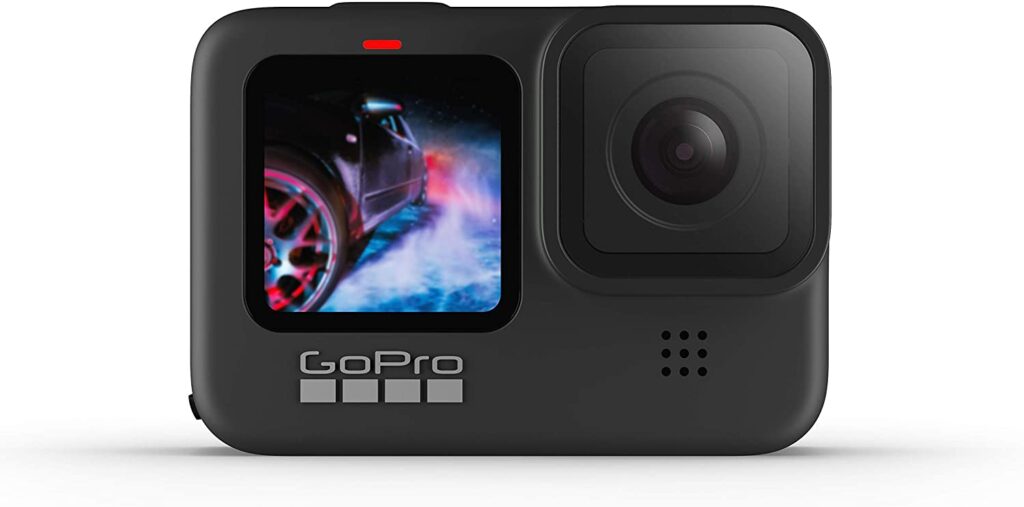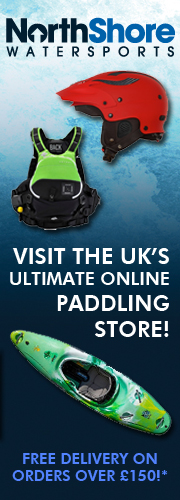One of the biggest areas that is overlooked when getting a video/camera setup for trips out is the speed of your Micro SD card.

If you get an error with the camera it will probably be down to the memory card that is being used.
The GoPro Hero9 has a memory card capacity of up to 256GB. Due to the increase in performance of the GoPro Hero9 I would suggest using cards that are 64GB or above.
The GoPro Hero9 uses a single UHS-I micro SD memory card slot, which is exactly the same as the other GoPro cameras. You don’t need to buy UHS-II card, but UHS-II card will still work and may help you future proof your card purchase.
The Speed Class Rating is the official unit of speed measurement for all SD cards, including both full and micro sized versions. Speed Class is a minimum speed based on a worst case scenario test and represents the minimum transfer rate of data that the card is capable of.
SD Speed Class
Class 2 – 2MB/s
Class 4 – 4MB/s
Class 6 – 6MB/s
Class 8 – 8MB/s
Class 10 – 10MB/s
This can be seen on cards as a number within a circle.
Ultra High Speed (UHS) Class
Just to confuse things a little more there is also an Ultra High Speed (UHS) classification. Ultra High Speed 1 – U1 is the same as Class 10 (10MB/s). UHS sets a minimum transfer of data that the card is capable of in a similar way to the SD speed class.
U1 – 10MB/s (same as class 10)
U3 – 30MB/s
This can be seen on cards as a number within a bucket/U.
U3 is pretty new and is a response to ensure that consumers can easily identify those cards with the highest transfer rates suitable for 4K/2K filming. If your card is not U3 this doesn’t necessarily mean that it is not up to the job. It may simply not be labeled with the new U3 symbol. Check the transfer rates – this is the key.
Why should you care?
The Speed Class is important for video mode or camcorders, as when recording video the device is actually saving a steady stream of data. This is exactly what you are expecting a GoPro camera to do whilst filming video at high resolutions. Always get the fastest card you can.
There is always a danger that if your SD card isn’t up to it that you could encounter error messages or loss of data. When ever my GoPro has crashed or frozen it has always been down to the card I have been using.
The difficulty comes when you start looking at Speed Class and card storage size. The higher the speed class the higher the price, the higher the card capacity the higher the prices. All are more than capable of coping with all the recording options available on the GoPro. All my cards are now 128GB or above. I have purchased cards with greater capacity as I have incrementally upgraded my GoPro cameras.
SD Card Recommendations
All of the cards listed below are fast and you’ll need fast and reliable if you are shooting at high resolutions. We are currently running the Lexar, Sandisk Extreme that are shown below.
Lexar 1066x Silver Series 128GB
Lexar 1066x Silver Series 256GB
The safe bet is to get the fastest Class 10 U3 you can afford as it will work in all of the GoPro range and just about any other POV/Action camera that requires a Micro SD card.
There are a great deal of fake SD cards out in circulation and it is important that you buy yours from a reputable supplier.
Storage:
Once you get into taking video you’ll soon build up a collection of memory cards. These things are so easy to misplace or lose. After losing a few last year I use Peli SD Card storage case. It can handle both SD and Micro SD cards at the same time, and although not fully waterproof it is water resistant and keeps the dirt/grime out.
What else should you consider?
Formatting your cards on a regular basis will help prevent them from going bad and losing that once in a life time shot.
I have a fair bit of GoPro kit and to maximise its use I also have a range of must have accessories.



Leave a Reply